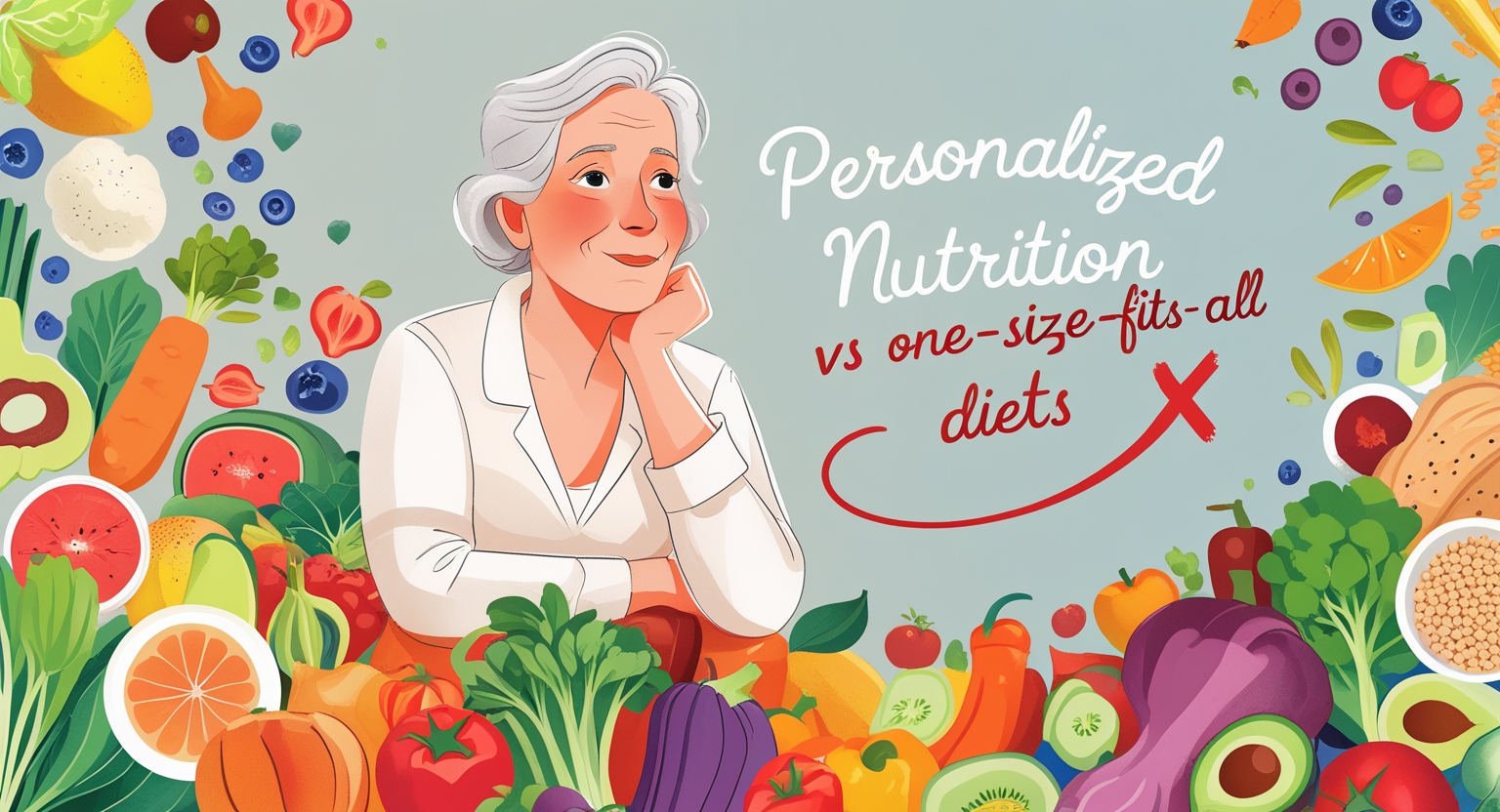Women today are health-conscious and like to eat by a nutritious diet plan. A healthy diet plan contains the appropriate combination of vitamins. Women of all ages, weights and levels of exercise require a diverse range of vitamins to ensure proper health and avoid a wide range of health concerns, including cancer.
Vitamins are chemical molecules that assist the body in operating. Each vitamin has a specific function. Vitamin deficiencies can cause significant health issues.
Therefore, it is critical to obtain vitamins through your diet and vitamin supplements, if necessary. Here are the top 17 vitamins for women, according to experts.
Vitamin A
Contains antioxidant properties.
Women of all ages require vitamin A for healthy bones, teeth, soft tissue, skin, and mucous membranes. Vitamin A also enhances vision, lowers aging, and boosts the immune system.
Vegetables high in vitamin A include carrots, cantaloupes; pumpkins; apricots; tomatoes, and watermelons. Eggs, liver, and fortified grains are also good sources of vitamin A.
Vitamin B2
Also known as riboflavin, it is a water-soluble vitamin needed for good health, proper growth, and metabolism. It aids in stimulating energy, strengthening the immune system, and reducing tingling and numbness, anxiety, tension, and exhaustion.
Vitamin B2 shortage can impact metabolism, the immune system, and neural functioning, resulting in pale eyes and tongue, sore throats, mouth ulcers, lip cracks, dry hair, wrinkles, and itchy skin.
Organ meats, cheese, milk, yogurt, leafy greens, yeast, eggs, cereals, whole grains, soybeans, almonds, pecans, and mushrooms are high in vitamin B2.
Vitamin B6
This vitamin, also called pyridoxine, is necessary for a robust immune system.
Another benefit of this vitamin is that it aids in producing hormones and brain chemicals, all of which help minimize depression, heart disease, and memory loss in the long run. It also has the potential to aid in the control of your blood sugar levels.
Morning sickness can be alleviated for pregnant women by consuming foods high in vitamin B6. Anemia can be brought on by a deficiency in vitamin B6. Fortified cereals, avocados, bananas, meats, beans, seafood, oats, nuts, seeds, and dried fruits are some of the best sources of vitamin B6.
Vitamin B7
Cell development and fatty acid synthesis require biotin, also called biotinylated biotin. Sweating, hair, and skin all benefit from the antioxidant properties of this vitamin. It actually encourages hair development and aids in the treatment of weak nails.
Bone growth and bone marrow production are both dependent on vitamin B7, which also helps keep cholesterol levels in check. However rare it may be, vitamin B7 deficiency can cause brittle hair, skin conditions, anemia, and mild depression.
If you’re trying to get enough of the vitamin B7 nutrient found in foods like fish or sweet potatoes or bananas or cantaloupe, or other yellow or green fruits and vegetables, try incorporating them into your diet along with other healthy options such as lentils, brown rice or other starchy foods like potatoes.
Vitamin B9
Also known as folic acid, it is essential for every woman as it helps prevent heart disease, high blood pressure, Alzheimer’s, depression, cancer, and memory loss. It also enhances brain health and cellular functioning and improves fertility and fetal development during pregnancy.
A vitamin B9 shortage in pregnant women can develop neural tube abnormalities in the infant, such as spina bifida. Dietary sources of vitamin B9 include dark leafy green vegetables, orange juice, asparagus, melons, strawberries, fortified cereals, legumes, beans, nutritional yeast, and eggs, among other things.
Vitamin B12
Another necessary vitamin that every woman should consume daily because it is essential for metabolism, regular cell division, and protein synthesis. This vitamin aids in preventing heart disease, memory loss, and anemia, among other things.
It also can be used to treat depression and help maintain a healthy nervous system and brain functioning. Vitamin B12 deficiency can cause irritability, depression, and confusion. It can also cause tongue and mouth inflammation.
Cheese, eggs, fish, meat, milk, yogurt, and fortified breakfast cereals are good vitamin B12.
Vitamin C
It is an immunity booster, has various benefits for women.
It increases tissue growth, speeds up healing, and minimizes the risk of some cancers, heart disease, and tissue damage. It also helps create red blood cells.
Broccoli, grapefruit, kiwi, oranges, peppers, potatoes, strawberries, sprouts, and tomatoes are high in vitamin C.
Vitamin D
It is a fat-soluble vitamin that promotes calcium absorption, crucial in keeping the bones strong.
Aside from these benefits, vitamin D has been shown to lower the chance of developing MS, RA, and certain types of cancers. It can also aid in the reduction of premenstrual syndrome symptoms and the protection of your vision. A shortage in this vitamin may cause your bones to become brittle and weak, which may lead to osteoporosis.
Short daily exposure to sunlight can provide your body with the vitamin D it needs to function properly. For the majority of light-skinned persons, a 10- to 15-minute exposure to the sun is adequate to synthesize enough vitamin D for the body.
Foods high in vitamin D include fatty fish, fortified milk, liver, and eggs. You can also supplement your diet with vitamin D supplements.
Vitamin E
It has anti-aging characteristics that help to fight cell damage and reduce the progression of age-related changes in your body, according to research.
This vitamin also has the additional benefit of preventing heart disease, cataracts, memory loss, and certain forms of cancer. In addition, vitamin E is necessary for the health of the skin and hair. It is frequently found in cosmetics such as hair care and skin care products. Wheat germ, hazelnuts, almonds, spinach, margarine, maize oil, cod liver oil, peanut butter, safflower oil, and sunflower seeds are high in vitamin E. Other foods that are high in vitamin E include safflower oil and sunflower seeds.
Vitamin K
It plays an essential part in developing strong bones, the maintenance of proper blood clotting, and the reduction of the risk of developing various heart illnesses. This particular vitamin is also required for the proper functioning of the immune system and for the production of energy.
Whole grain food products, green leafy vegetables, soybean oil, and fish oil are some of the greatest sources of vitamin K available.
Iron
Is in charge of carrying oxygen throughout the entire body.
It is also required for the synthesis of red blood cells, temperature regulation, and immune system function. Iron also aids in the production of hemoglobin. Anemia and iron deficiency are common dietary problems around the world, with adolescent girls being at increased risk.
During menstruation, an increase in iron consumption is recommended to replenish lost blood.
Iodine
If you are attempting to conceive or are expecting a kid, you must make sure that you are getting a proper amount of iodine.
Amounts of this nutrient are required for the proper development of your baby’s brain. Iodine is important for the production of the proper amount of thyroid hormones, which are necessary for the proper functioning of your metabolism. You can prevent iodine shortage by eating iodized salt on a regular basis.
Eating foods high in iodine, such as seafood and sea vegetables, is the most effective strategy to prevent a shortage. The required dietary intake of iodine will protect you against hypothyroidism, hormonal imbalances, weariness, and goiter, all of which are harmful conditions.
Magnesium
It is important for the biochemical processes that take place in your body. This mineral functions as an electrolyte, which means it helps to balance the levels of sodium, potassium, and calcium in the body. It is possible to have a magnesium deficiency and experience symptoms such as insomnia, cramping in the legs, muscular spasms, migraines, anxiety, and digestive difficulties.
Natural sources of magnesium include leafy green vegetables, nuts, beans, seeds, and sea vegetables, all of which can be obtained through diet. Individuals over the age of 65 who do not have sufficient magnesium deposits in their bodies may have a decline in magnesium bone storage, decreased magnesium intestine absorption, as well as increased urine loss.
Omega 3
Fish Oils are a type of omega-3 fatty acid that is found in fish. Omega 3 fatty acids, which can be obtained via Omega-3 fish oil, have anti-inflammatory properties. However, it is critical to maintaining a suitable balance of Omega 3 and Omega 6 in your diet in order to maintain the health of your brain, heart, and immune system.
Calcium
Women who have gone through menopause are at increased risk of getting osteoporosis. Women, on the other hand, begin to lose bone mass in their twenties. As a result, it is recommended to consume 1,000 mg of calcium every day, either through supplements or through dietary sources.
In addition to its role in hormone manufacturing and blood vessel and muscle function, calcium is also essential for nerve signaling. Calcium, coupled with magnesium and vitamin D, can help to avoid heart disease, cancer, and diabetes, among other things.
It is critical to ensure that you get the proper amounts of magnesium and vitamin D in your diet in order to maximize calcium absorption. Leafy green vegetables, okra, broccoli, and beans should all be included in your diet. Drinking raw milk or yogurt, on the other hand, can help to increase calcium consumption.
Biotin
This B vitamin is required for the production of blood glucose and fatty acids. Women who do not consume the recommended daily amount of biotin may suffer from depression, brittle nails, and hair loss.
Folate
Additionally, it is necessary for pregnant women to avoid the potential of having neural tube problems in their unborn child. It aids in the healthy development of your baby’s spinal cord and brain, among other things. To summarize, consuming five servings of fruits and vegetables per day is an excellent approach to ensure that you are getting all of the required vitamins.
If you aren’t obtaining the recommended amount of vitamins from your diet, you can take vitamin supplements to supplement your diet. However, before beginning any supplementation program, consult your doctor.
Click here to find out more about vitamin supplements and how you can get the required dosage of essential vitamins for your body. https://theremedypharm.com/supplements/
Original Source: https://youtu.be/yxdt_VTZTFk




